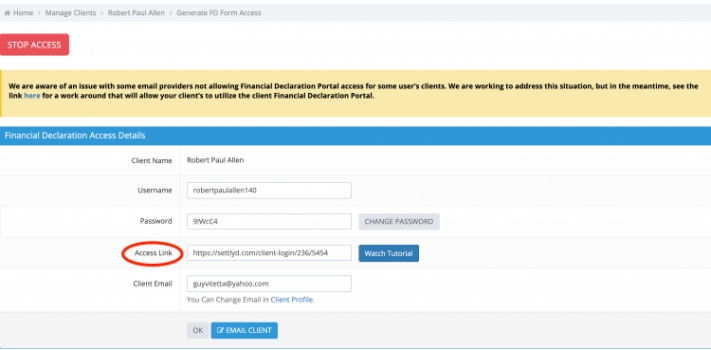
The 5 Financial Drawbacks of Divorce

When getting a divorce from your spouse, dividing income and property between the two of you can be a prolonged and stressful process. Until the divorce is finalized and the amount of alimony is awarded, you will need money to live on if you are not receiving your own income. Because there are going to be financial drawbacks that come with every divorce, here are 5 pitfalls to look out for in order to gather the information to time your actions strategically.
1. Not preparing enough
Divorce can be a complicated and unpredictable, especially when one does not prepare enough for it. As soon as the process starts, expenses will begin to increase. Therefore, it is essential to carefully construct some sort of plan in order to start putting away funds needed for living expenses as well as lawyer fees.
Also, when dealing with joint savings, it is always a good idea to transfer your share to a new account to take control of your own marital assets. Meanwhile, if you share a credit card with your spouse, make sure to apply for one. This is because using the joint credit card after the divorce can leave you legally responsible for possible debt.
2. Not keeping track of your financial documents
Because you must identify the assets that you and your spouse have assembled and created, it is very important to gather all of the financial records in your ownership. Whether it is banking information, loan applications, credit card statements, insurance policies, etc., make sure to document all of these assets so that they remain yours.
Keeping track of what your family owns in terms of personal property, house items, computers, artwork, etc. will also be beneficial to you in the long run.
3. Disregarding tax consequences
Although you do not have to report the actual event of a divorce on your tax return, you are still going to face tax repercussions. Huge assets in divorces, such as the house you currently own, are better off being sold while they are still owned together. This is because you and your partner can each gain capital exclusion.
Other assets that potentially have hidden taxes are securities such as vacation homes, annuities, and insurance policies. It is advantageous to hire an attorney as well as an accountant that is very knowledgeable about this subject so that you do not end up getting deceived.
4. Not pursuing an active role
During a divorce, taking an active role in every negotiation you endure is substantial for your future. Instead of being passive, try to be eager and learn as much as you can in order to help you recover more quickly. This, of course, does not mean to take control of everything by yourself.
However, make sure you center yourself on the practical things and work with your spouse to get the job done. This will result in less dispute and more compliance after the divorce as well.
5. Not receiving good professional advice
Many feel disorganized and anxious during a divorce because they are trying to do everything themselves. However, it is very practical to allow someone that is a professional to assist you during this time. Hiring a lawyer will give you a significant advantage. His or her expertise along with his or her excellent advice and guidance will be extremely beneficial, lifting that heavy weight of stress of your shoulders.
It is also practical to hire a forensic accountant who can investigate your hidden assets, a financial adviser that specializes in divorce who can aid you with the choosing the best options, or a therapist who can help you preserve a healthy mental and emotional state.
Adhering to these 5 financial drawbacks when dealing with a divorce can ultimately assist you with overcoming the potential mistakes you can make. Remember, a little bit of planning can go a long way!



